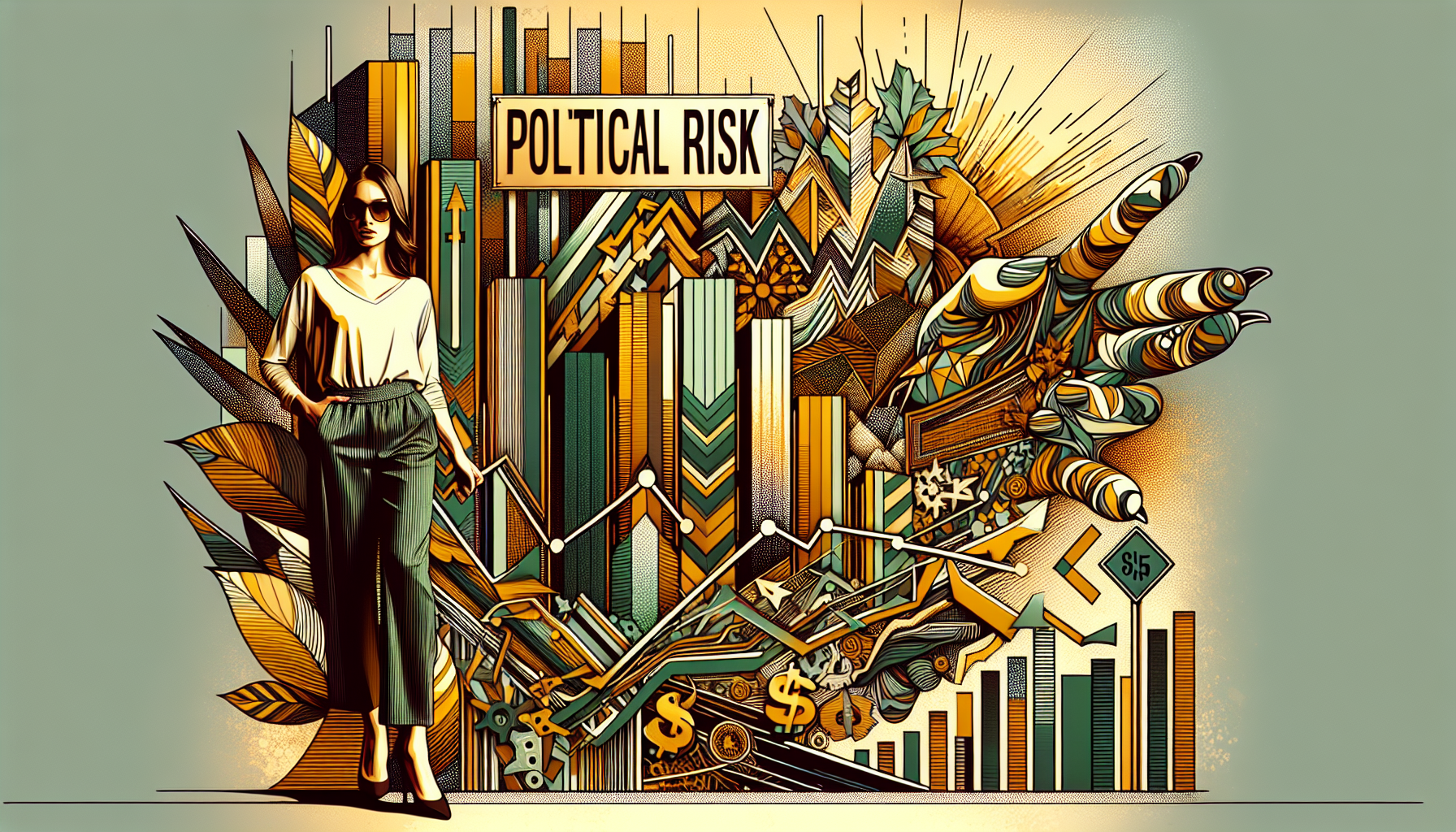Political risk refers to the uncertainty that investments will face due to changes in the political environment. This form of risk can drastically affect the profitability and viability of financial ventures, especially those tied to international markets. Political events such as elections, policy changes, or geopolitical conflicts can prompt sudden shifts in a country’s economic landscape, subsequently influencing investment outcomes. Understanding political risk is crucial for investors looking to navigate the complexities of the global market.
At its core, political risk encompasses any governmental action or instability that could negatively impact an investment's performance. This can range from changes in tax laws, expropriation of assets, imposition of sanctions, or even the outbreak of war. For multinational corporations and investors with assets in different countries, these risks are a significant concern. They may lead to increased costs, loss of property, or a drop in consumer confidence, which can severely affect the stock prices of publicly traded companies.
Political risk is particularly pertinent to industries that operate in or with countries that have volatile political climates or are undergoing significant political changes. Sectors such as energy, mining, and telecommunications, which often involve large-scale infrastructure projects with long timelines, are especially exposed. Companies in these sectors have to navigate not only the inherent risks of their industries but also the added layer of political uncertainties.
For example, energy giants like Exxon Mobil Corporation (XOM) and Chevron Corporation (CVX) have substantial international operations and must manage the political risks in diverse regulatory environments. Similarly, mining companies such as Barrick Gold Corporation (GOLD) and technology firms with widespread international operations, such as Apple Inc. (AAPL), face heightened political risk due to their global footprints.
Investors and companies mitigate political risk through a variety of strategies, including diversification of investments across different geographies, political risk insurance, and thorough due diligence before entering new markets. By understanding the political landscape and preparing for potential fluctuations, investors can better protect their assets.
However, managing political risk is not only about defense. Astute investors can also find opportunities in these uncertainties. For instance, changes in government policy might favor certain sectors or lead to privatization of state-owned enterprises, presenting unique investment opportunities. Thus, while political risk poses challenges, it also offers attentive investors the chance to capitalize on changes in the global political climate.
In today's interconnected global economy, ignoring political risk is not an option for serious investors. The ability to navigate the complexities of political risk can differentiate successful investments from failures. Monitoring political developments, understanding their potential impact on markets, and employing strategies to mitigate these risks are vital parts of a robust investment strategy.
In conclusion, political risk is an inescapable aspect of investing, particularly for those engaged in international markets. It demands careful consideration and proactive management to safeguard investments and seize the opportunities that political changes often bring. For investors willing to conduct thorough research and adapt their strategies accordingly, navigating political risk can lead to rewarding outcomes.
Join Tiblio to access tools and insights that can help you manage political and other investment risks effectively.
